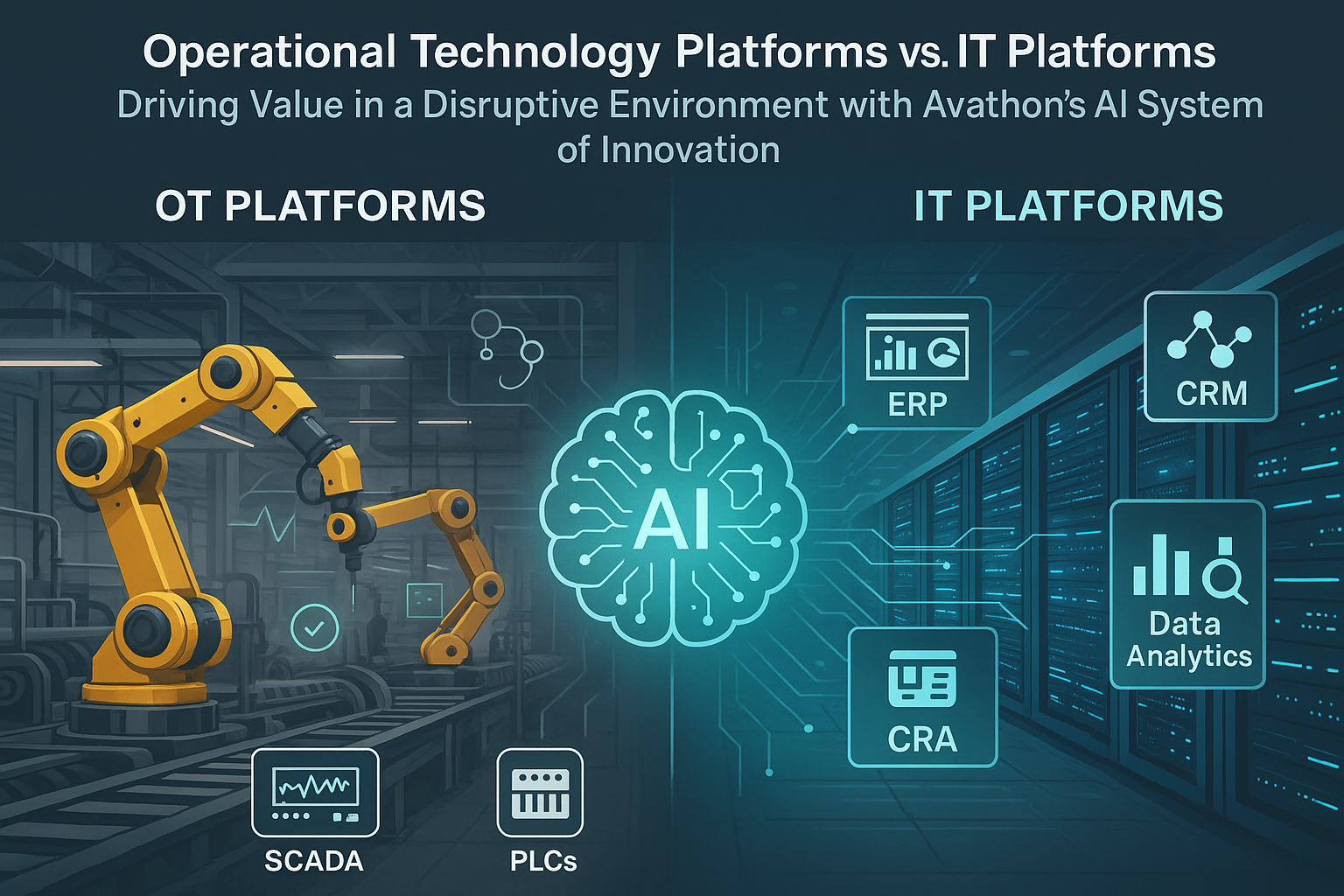Retail shopping accounts for a bit over 20% of the entire U.S. GDP, according to a recent report from PwC. The National Retail Federation reports that online shopping remains the top destination for consumers this holiday season, with 57% planning to make their holiday purchases using the internet. This is followed by department stores (46%), grocery stores and supermarkets (46%), and discount stores (45%).
Retail and convenience store operators, in particular, face many challenges, including labor shortages, traffic management, theft/pilferage, and customer/employee safety. Also, unlike online retailing, which is replete with data on everything from sales performance and returns to evolving customer preferences, physical stores often do not have access to such data. They can’t easily track and measure individual touchpoints between customers and the business, key information for improving customer experience and store profitability. Artificial intelligence (AI) is uniquely poised to change this scenario and has begun doing so for several companies Avathon has worked with in recent years.
For many retailers, visual AI infrastructure is already in place
Most retail stores have numerous cameras on the property, both inside and outside, systems historically used only for monitoring of safety conditions and theft prevention. However, such monitoring is typically after the fact; there is an opportunity to be more proactive in leveraging these assets to improve location performance.
By deploying visual AI applications, many aspects of store operations can be proactively monitored and managed more effectively. Avathon’s experience in this field to date has produced use cases tied to operational efficiency, safety, customer loyalty, and more. These include:
Efficiency—Monitor peak traffic times, shopper paths, and employee/shopper interactions.
Safety—Trigger alarms for standard operational violations and safety issues. Generate alarms for camera tampering or dirty/malfunctioning cameras, improper placement of protective barricades, loitering by non-customers, and merchandise theft.
Customer Loyalty—Proactively generate stock-out alerts, capture and store license plates of customer vehicles, measure customer demographics like age and gender, identify loyal customers by vehicle type, track employees wearing proper uniforms and greeting customers correctly.
Computer vision AI empowers convenience store owners
A large convenience store operator in India (20,000+ locations) uses the Avathon Industrial AI platform’s visual analysis capabilities to track many of its activities and interactions, integrating all of its company-owned locations and conducting live video sample checks of third-party locations. The insights, generated across more than forty simultaneous use cases, enable managers to analyze store performance across different geographic zones and compare individual sites to monitor and assess performance trends. As a result of implementing visual AI—typically a very rapid process, thanks to Avathon’s no-code/low-code deployment model—-the company has increased its returning customer rate by 50%. In addition the company has seen numerous other benefits:
- 80% improvement in customer satisfaction
- 3% increase in customer traffic per outlet
- Elimination of manual process performance audits, previously costing $250,000 annually
In a recent presentation, Avathon Chief Technology Officer Sridhar Sudarsan explored the role of visual AI in convenience stores with National Advisory Group for Convenience Stores (NAG) Executive Director John Lofstock. Sudarsan highlighted numerous potential use cases made possible by visual AI technology. These ranged from keeping bathrooms clean to managing lines at cash registers.
“One of our applications,” Sudarsan notes, “allows you to determine that there are, for instance, five people in line, with a predicted wait time for the last person in the queue of, say, more than eight minutes. People get impatient about this. With the platform, we can send an alert to somebody who isn’t working right now to open another register.”
Using cameras that convenience stores already have, Avathon can recognize what’s happening and provide an immediate alert to an employee to take an action: clean a bathroom, refill a sold-out item, or open up a new register for people who have been waiting too long. The range of activities that can be monitored and proactively analyzed is vast, for instance:
- Dwell time within the store by time (who’s staying in the store 15 min or less, etc.)
- Customer demographics (men/women, age ranges, etc.)
- End-cap analysis (stock levels, people viewing items on an end-cap display, time spent there vs. other areas of the store, etc.)
- Turnaround time at checkout (people in queue, checkout times, etc.)
Sudarsan continued, “You can use the technology to manage a new product campaign and receive immediate results to see whether or not the campaign is effective. These iterative approaches, using visual AI, speed up time to value so you don’t have to wait for weeks before you get all your sales data and assess effectiveness. Now you know. It’s all out there and you can see it immediately.
“The biggest value from Industrial AI comes from managing labor—availability of labor, staff retention, turnover costs. These are immense challenges. It’s about being able to use labor that you already have in the most efficient way. That’s where the use of Industrial AI presents a very powerful opportunity.”
Avathon Industrial AI’s computer vision technology analyzes dozens of high-value retail use cases simultaneously, scaling to match your specific requirements. The platform provides automated, proactive surveillance of your stores from the entrance to the checkout area, with a continuous-learning training module that reduces false positives/negatives. It delivers a scalable solution to help retailers monitor critical use cases like inventory management, theft, stock-outs, employee training alignment, customer queue experience, footfall, traffic heat maps, turnaround times, checkout behavior, product placement, and more. Retailers choose the KPIs that matter most, and Avathon uses Industrial AI technology to optimize the business.
Avathon helps retailers solve common challenges and enhance customer experience, employee experience, and profitability.




